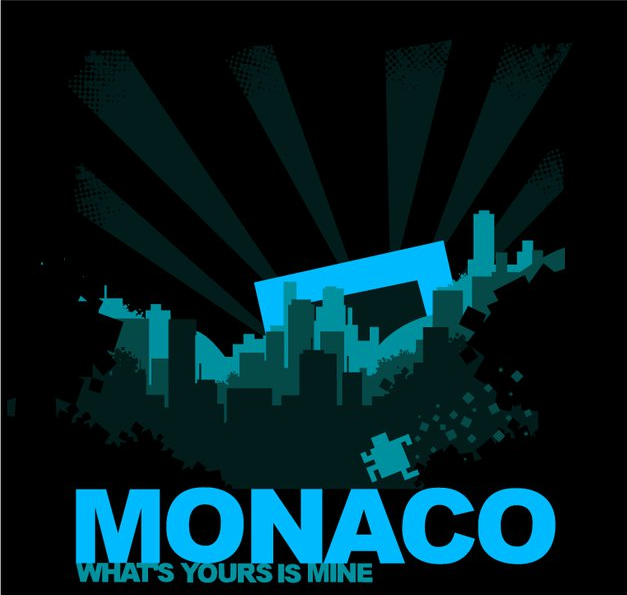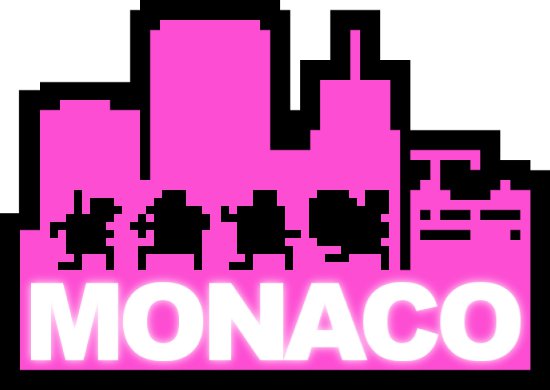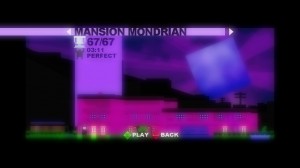Theft is something inherent to all human beings, something unavoidable, intrinsic to our nature which like many other “dishonest” actions has reached a professionalizing & artistic dimension in our society. You may call it however you want: burglary, piracy, embezzlement, robbery… even “touch”…. and there are as many ways of “unauthorized appropriation” as ways of penalizing it, but which virtuous animal is completely exempt of this behavior?
That’s why theft in any of its forms is highly attractive, and any game which doesn’t include a bit of this or any other immoral activity risks of quickly becoming a not-so-addictive trip. We’re not talking about “accidental” vile takings, nah, we like it when I, you, we know there’s dishonesty behind such action, our intention is accompanied by a mens rea… and we love it. And we enjoy it.
Monaco “what’s yours is mine” won 2010’s Seumas McNally Grand Prize @ the Independent Games Festival, and as if this weren’t enough it also grabbed the Excellence in Design award, a personal project of Pocketwatch games founder Andy Schatz who’s been trying to make of cooperative stealing a piece of art for the past 8 years.
Monaco is one of those petty theft fiscal & gambling paradises where immorality is more than legal, is mandatory. And as such, the game described as “Gauntlet meets Hitman” is all about the risky art of scoring (alone or up to 4 simultaneous players) in this little Mediterranean principality. After all, as we say in Spanish, thief who robs a thief (and everyone knows most people registered in Monaco are somehow “legal thieves”) deserves 100 years of mercy. It looks like this Pocketwatch adventure may be educational too.
Now that the game is finally reaching a highly sexy shape we thought Andy could answer a few of our petty ruminations…
aqnb: Hi Andy, first of all thanks for your time… let’s start with the IG industry as a whole…
From the 70s up to now… what’s the biggest change you think the IG movement has experienced? Is the essence still intact with all the recent hype?
Andy Schatz: Indie games have always fulfilled the niches that big budget companies don’t pursue. In the 80’s, there were very few big budget companies, and most game companies were essentially “indie”, exploring new ground, trying to discover whether there was interest in their designs.
I like to picture it like a dark cave. We are all exploring downwards, with no light, and occasionally someone will stumble upon a large cavern. Some of those caverns even have valuable ore in them. And when a new cavern is discovered, it tends to get filled up. Large companies can’t fit into the small cracks, of course, so they can’t always explore as deeply as the small indies. But the excitement that occurs in the press when an indie discovers a new cavern can be immense, and completely warranted.
In the 80s, the explorers didn’t even know what was down there, they didn’t know there might be valuable things buried beneath the earth. They explored because they enjoyed exploring. Now we know the potential value hidden below us. But the best explorers are still the ones who do it for the sake of exploring.
aqnb: and regarding this recent hype…. what’s going on in the gaming scene… is it us or has the retro 8-bit trend conquered new generations?
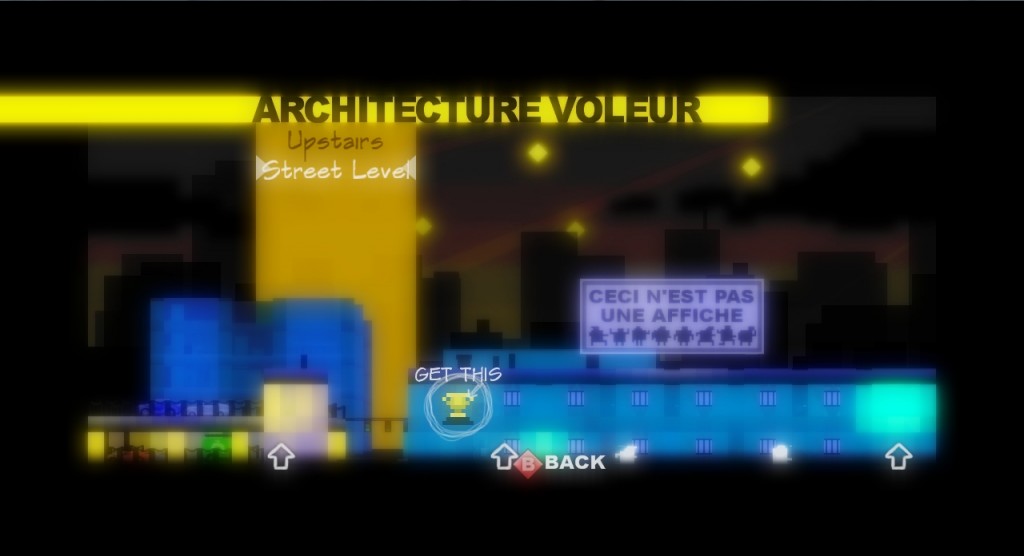
AS: The retro-8-bit trend is mostly an excuse to make it easier to build new game designs. Building 3d games is incredibly expensive and time consuming. 2d games aren’t. You can, of course, build beautiful 2d games, but I think the reason for the strength of the trend is that it’s easier, cheaper, faster to implement new ideas in 2D than in 3D.
about you…
aqnb: what’s that precious thing you stole being a kid and never gave back?
AS: I never stole as a kid… but I loved sneaking around. That’s one of the reasons I set the game in Monaco, amongst the ostentatiously rich and famous, because I didn’t want the player to have to feel bad about stealing. In Monaco, stealing is just about fun.
aqnb: From developing for TK Software (EA) to becoming one of the biggest representatives of the Indie Game scene… what’s been the hardest decision for you so far? sacrifices?
AS: Oh, huge sacrifices. I live a very modest lifestyle these days. When I quit, I was making about 100,000 dollars a year. Now I am taking loans just to survive. But I’m much happier now. It would be nice to find a happy medium, though.
aqnb: and from environment aware games with heavy educational values to despicable characters with a rather hard job: larceny. Has the real gamer inside you finally come out with Monaco, or got tired of “less dynamic” games?
AS: No, not at all. I’m a nature lover at heart. I like to sit on my porch and listen to birds in the morning. And I’m still fascinated by the dynamics of ecosystems. But those games were incredibly difficult to design… whereas Monaco is a game that is derivative of a number of other games (Pacman, Metal Gear, Team Fortress), and so it’s much easier to design. I started working on Monaco because I just wanted to hit one out of the park rather than experiment blindly with a unique and difficult design.
aqnb: C# – XNA or Objective-C – Cocoa?… Microsoft or Apple?
AS: I LOVE XNA… except for the fact that it’s totally non-portable. I wish someone would make a cross-platform framework in the style of XNA, I’d use it in a heartbeat.
As for Apple vs Microsoft: I like PCs, my iPad, and my Droid. I use Google Docs, and most of my software is open source. I’m don’t have any particular love for a company, but I do for some of their products.
aqnb: your favorite thief character of all times?
AS: Robin Hood from the animated Disney version!
(at this year’s PAX Prime Monaco looked cleaner, less 8-bit, polished & definitely gorgeous)
Let’s talk about Monaco….
aqnb: bringing Monaco to life hasn’t been easy… first trying within TK, then looking for publishers and finally with your own means… is funding the hardest bit?
AS: No, actually, funding Monaco hasn’t been difficult. I think the hardest part is in working with the platform holders to make sure Monaco’s potential is fully realized in the marketplace. They are all looking out for themselves, while I believe that if Monaco does really well on as many platforms as possible, everyone wins.
aqnb: We all want the money for ourselves, and sharing is not caring in this business. In fact players will be able to leave their mates behind or rat them out when being arrested. What’s the trick here? How can you balance trust & egoism at the same time?
AS: While it’s possible to shape player behavior through game design, more often than not, players will play with their more competitive personalities. Through a few different game modes, I’m hoping to have something for everyone…
aqnb: so the key to succeed in Monaco will be… stealth, massacre, cooperation…?
AS: Stealth, cooperation, patience, improvisation.
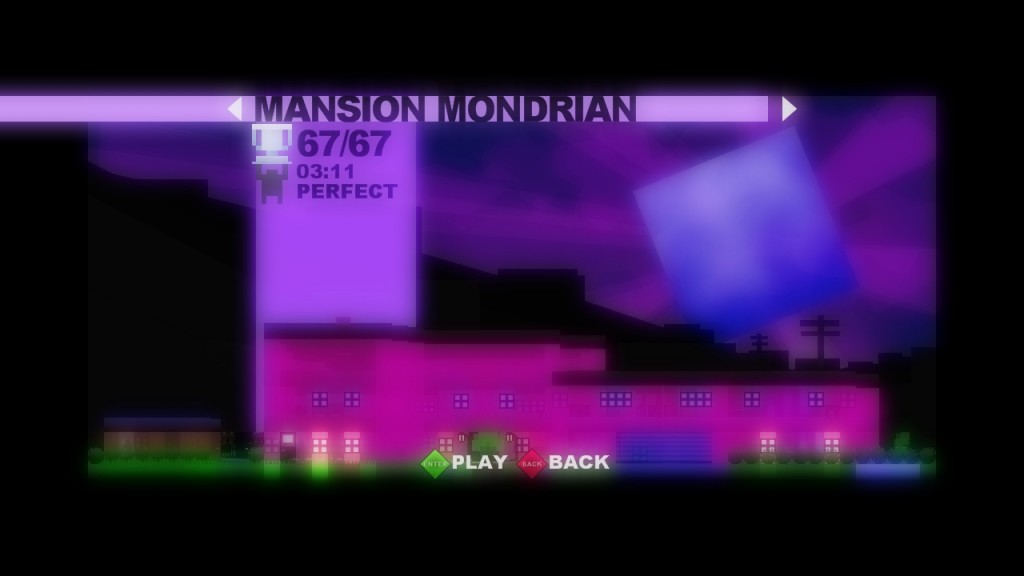
aqnb: Players are said to be stealing Masonic criminals… could we think of this game as being educational… somehow?
AS: I hope not! Actually, the only thing I hope people learn from Monaco is about Monaco itself… I’m basing all the levels on real world locations.
aqnb: any favorite character?
AS: I like them all! I like to switch around to keep the game fresh.
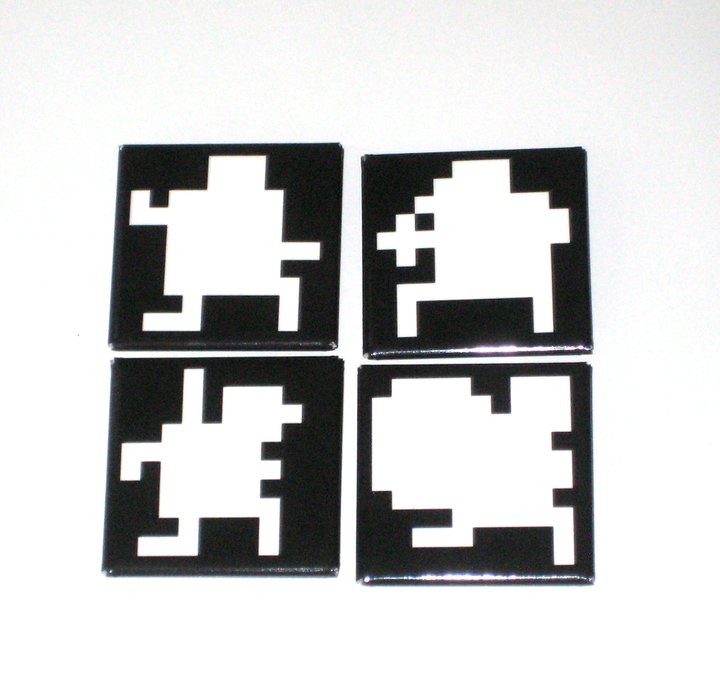
and to finish….
aqnb: What do you think about this year’s IGF award winners?
AS: Minecraft overshadows all, of course. That game has changed the entire industry. But let’s not forget about the ingenious design of Desktop Dungeons, the atmosphere of Amnesia, the pure exhilaration and fun of Nidhogg, and the crazy visual style of the Bit.Trip series. 2011 was another banner year for indies, and the IGF is still the premier event to celebrate our most interesting, innovative games.
aqnb: You said once gaming is “the most influential art of the XXI century”, what’s the game that has influenced you the most?
AS: Ultima IV probably influenced me the most. I used to do daily self-analysis as a kid as to how well I was doing in each of the eight virtues. I think that experience taught be the potential power of video games in all of our lives.
aqnb: can you live the high life by living a low one?
AS: I am doing that as we speak!
aqnb: Thanks for your time Andy.
AS: Thank you!
